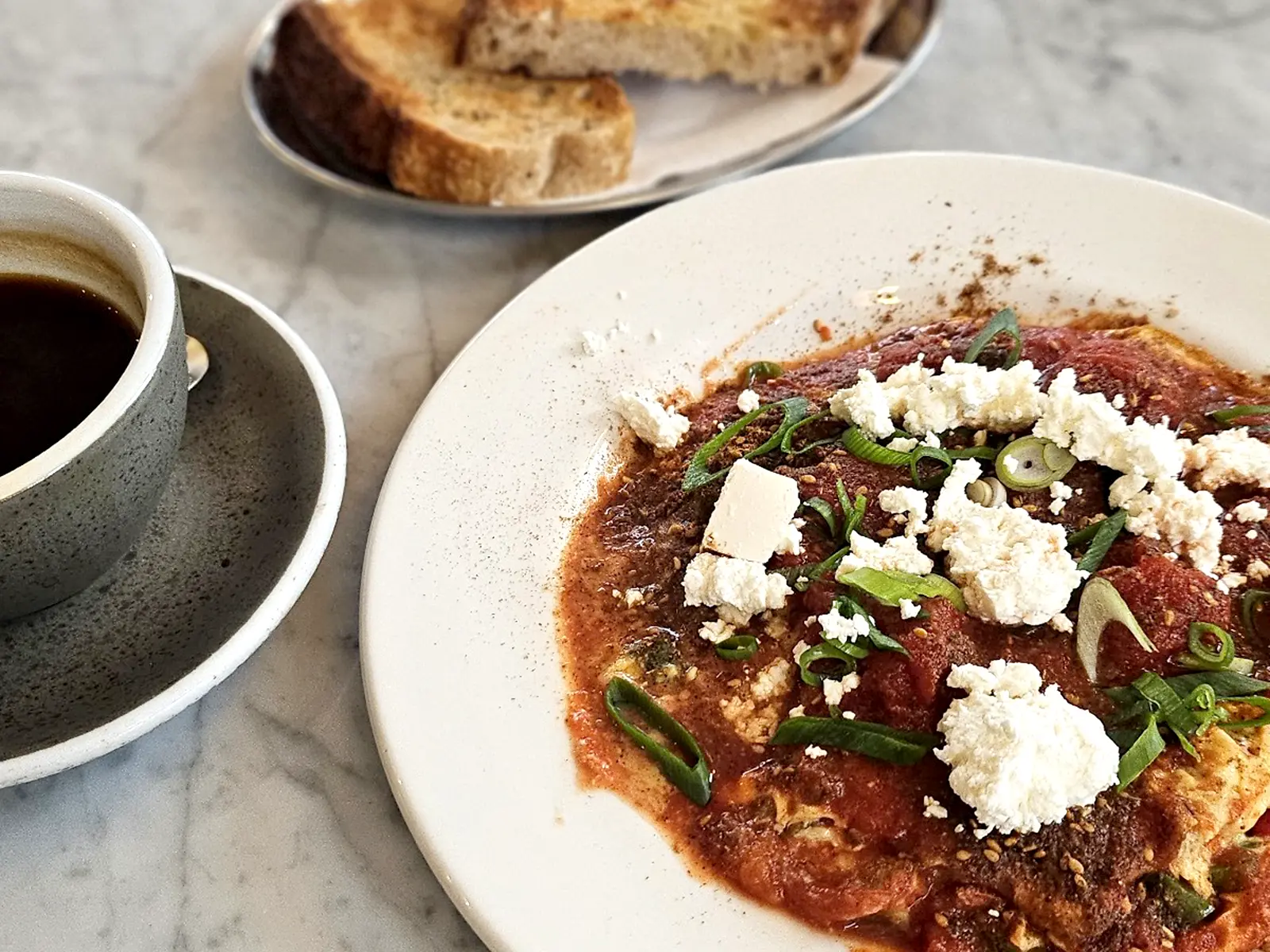What I Observed After Two Weeks in the Netherlands – Its Potential to Lead a Diverse Society

The Netherlands Really Loves America
It’s been so long since I last wrote a blog that I can’t even remember when it was.
As of February 23, 2025, I have been staying in the Netherlands for about two weeks to search for a home as part of my move here.
Every day, I’m busy with house hunting and work, leaving no time for sightseeing. But even so, traveling between cities like Eindhoven and Maastricht, or speeding through the streets of Amsterdam on a shared bike, I’ve started to notice something about the Netherlands.
The strong presence of American culture.
McDonald’s, Burger King, Starbucks, American fast fashion—wherever you go, American brands are everywhere.
I’m not an expert on Europe, but I feel that neighboring countries like France and Germany keep a bit more distance from American culture.
Japan is undeniably obsessed with American culture, but is the Netherlands just as much?
Curious about this, I decided to look into it.
The Influence of American Culture in the Netherlands – A Matter of History and Society
1. Deep Trade and Economic Ties
Historically, the Netherlands has been a trading nation, and its economic relationship with the U.S. is particularly strong.
For example, the Port of Rotterdam is the largest in Europe and a crucial hub for trade with the U.S.
Additionally, many American companies have their European headquarters in the Netherlands (Nike, Tesla, Netflix, etc.).
2. High English Proficiency Makes It Easy to Absorb American Culture
The Dutch are among the top English speakers in Europe.
Because of this, they can enjoy American movies, music, and TV shows as they are. Since the Dutch prefer subtitles over dubbing, they can directly access English-language content.
3. Popularity of Fast Food and American Brands
Streetwear and sneaker culture are strong in the Netherlands, and American brands like Nike and Supreme are very popular.
4. Post-War Influence
After World War II, the Netherlands received economic aid from the U.S. through the Marshall Plan, which played a major role in its recovery.
This historical connection is said to have contributed to the country’s positive sentiment toward the U.S.
During the Cold War, the Netherlands aligned itself with the U.S., and even today, as a key NATO member, it maintains a strong cooperative relationship with America.
In Other Words, the Netherlands Faces Almost No Barriers to Adopting American Culture
It’s no surprise that America has a huge influence on the world.
Normally, factors like distance, language, and cultural differences act as barriers that filter American influence, allowing it to mix in gradually.
However, in the Netherlands, these barriers are exceptionally low, and with a society that embraces diversity, American culture is naturally absorbed.
Can the Netherlands Become a Global Leader?
After two weeks of experiencing how deeply American culture is embedded here, my thoughts took an unexpected turn.
I started to wonder: could the Netherlands take on a leadership role in the world?
The Netherlands’ rational and international mindset is a fascinating trait.
It integrates different cultures and people exceptionally well, and despite the incredible diversity in Amsterdam, the city functions surprisingly smoothly.
As the U.S. leans more toward nationalism, could the Netherlands take the opposite approach and provide the world with a model for a diverse society? If it could present a compelling example, other countries might follow suit, gradually making the world a better place.
What If the Netherlands Led the Way with Its “Let’s Try It” Mentality?
The Netherlands has long been a pioneer in progressive policies, from LGBTQ+ rights to euthanasia legalization—topics still debated in much of the world today.
Its willingness to take bold steps, both in social systems and laws, sets it apart within Europe.
If the Netherlands continues to grow while maintaining a balance between freedom, diversity, and cooperation, other countries might look to it as a model for a sustainable society.
The Netherlands is a multifaceted country, but I believe it has the potential to make a real impact, and I find it an incredibly exciting place.
At the same time, I’ve noticed that the Dutch still seem to keep some distance from Asians.
But I understand—it’s natural to feel uneasy about things you’re unfamiliar with.
If Japan were better understood in the Netherlands, like American culture is, what would happen?
If the Dutch could see that Japanese “politeness” isn’t just about formality, but about truly valuing others, they might accept Japan more positively.
And if Japan could demonstrate a successful example of cultural integration in the Netherlands, it could improve relations with Europe as a whole, while the Netherlands could become a leader in fostering respect for Asia.
I believe the Netherlands has the potential to do this.
Building connections in a diverse society like this sounds like an exciting challenge.
One Last Important Note
Of course, when in the Netherlands, we must respect its society and rules.
The idea is not to impose Japanese culture but to find a way for it to coexist harmoniously within Dutch society.
Alright, that’s enough of a break—back to work and house hunting! (lol)
※ The thumbnail has nothing to do with this post—it’s just my breakfast, shakshuka.

